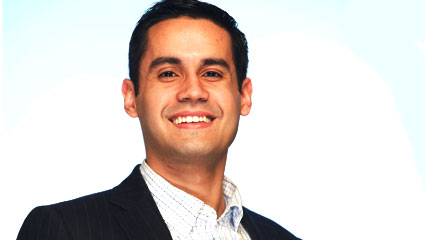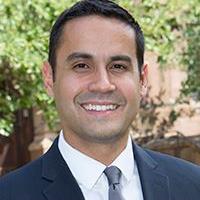Looking back, I am surprised that moving from Puerto Rico to Louisiana wasn’t more traumatic than it was.
When I was nine years old, my family left a tiny island which we had called home to move to a town near New Orleans, Louisiana. The culture shifted under our feet in both explicit and implicit, both powerful and more subtle ways. A different language predominated at the grocery store. Our whole family was immediately identifiable as “not from around here.” Most striking as a pre-adolescent, I was not so kindly informed by my classmates that I was wearing my socks all wrong. Moving meant more than just learning new streets and neighborhoods. Moving meant discerning the unspoken assumptions that guide everyday life.
Many of our social cues are like breathing air; we know them, embrace them, and practice them without much conscious thought. Think for a moment about your breathing. Aren’t you a little shocked that in a matter of minutes you will forget to think about your breathing, and yet your body will continue to breath for you? Often times, we don’t even know the rules exist because they seem natural and inherent, not the created and often arbitrary ways we embrace. The rules that shape and guide our daily existence and our participation in the daily culture are like the air we draw into our bodies without the slightest thought.
Perhaps that’s precisely where God shatters our expectations most powerfully. God exposes our rules and daily practices as mere artifice and then introduces a way of life so radically opposed to the values we hold as natural that they seem utterly unattainable, unattainable at least without the help of God.
In Psalm 15, we find a largely straightforward description of God’s people. They are a people who choose the path of honesty and righteousness, a people who choose to avoid invective and cruel words, a people who choose to stand by their word even when such commitments bring them harm. These are values that the average person would probably agree with, but these are also values that are not at the center of our lives together. We tend to embrace duplicity and convenience. We are not consistent in restraining our words. We are willing to wiggle out of commitments when they become restrictive. And, yes, we believe in charging interest for money borrowed. The Psalmist sets the bar high for inclusion amongst God’s people, and these standards stand in stark contrast to the basic human instincts of self-preservation and advancement we see all around us.
Similarly, the Sermon on the Mount is repeatedly punctuated with a shattering of expectations and the highest of demands. Blessing belongs to the crushed, the oppressed, those who cry in the darkness. Everyone who we tend to call cursed, Jesus calls blessed. How can this possibly make sense? This may have been the destiny of the prophets, but why does it remain the path of discipleship?
Ours is a God who breaks all the rules, who turns expectations on their heads, who demands more than we could possibly achieve. Ours is a God who breaks all the rules, who turns expectations on their heads, who gives us more than we could possibly ask. Let me say that again: our is a God who demands more than we could possibly achieve but gives us more than we could possibly ask. In that grace, the incredible, the unbelievable, the unattainable is the center of our faith.

